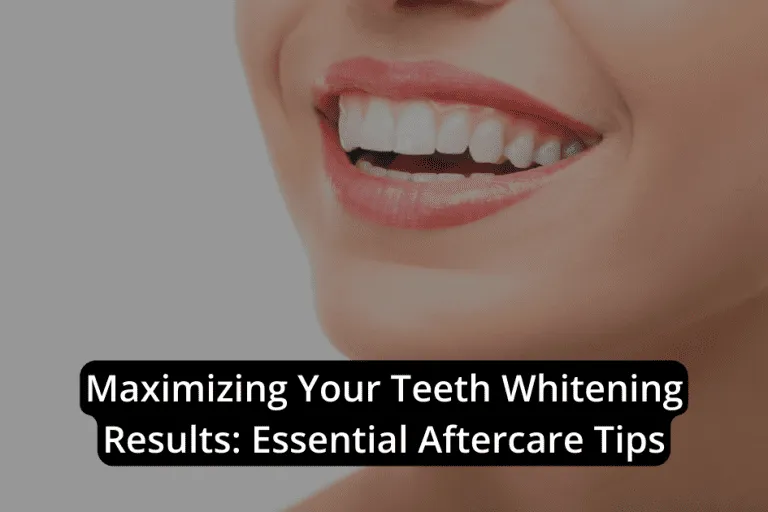Aftercare Teeth Whitening Top 5 Mistakes to Avoid
Teeth whitening can dramatically improve your smile, boosting your confidence and leaving you with a brighter, more youthful appearance. However, the journey doesn’t end with the whitening procedure. Proper aftercare is crucial to maintain those dazzling results and avoid common pitfalls that can diminish your efforts. Many individuals inadvertently sabotage their newly whitened teeth. This article delves into the top five mistakes people make after teeth whitening, providing insights and solutions to help you keep your smile radiant for the long term. Understanding and avoiding these mistakes can make all the difference in the longevity and effectiveness of your whitening treatment, ensuring you enjoy a beautiful smile for years to come.
Not Following Dietary Restrictions
One of the most significant mistakes after teeth whitening is failing to adhere to dietary restrictions. Your teeth are more porous and susceptible to staining immediately following the procedure. This means that the foods and drinks you consume can significantly impact the longevity of your results. Ignoring these guidelines can lead to quick staining and a return to your original tooth shade, negating the benefits of the whitening treatment. It’s crucial to be mindful of what you eat and drink, especially during the first few days and weeks post-treatment. This proactive approach is key to preserving your investment and enjoying a brighter smile for longer. This also means, you need to know what kind of restrictions you need to follow. Otherwise, all the treatment will be gone in no time.
Understanding Dietary Restrictions
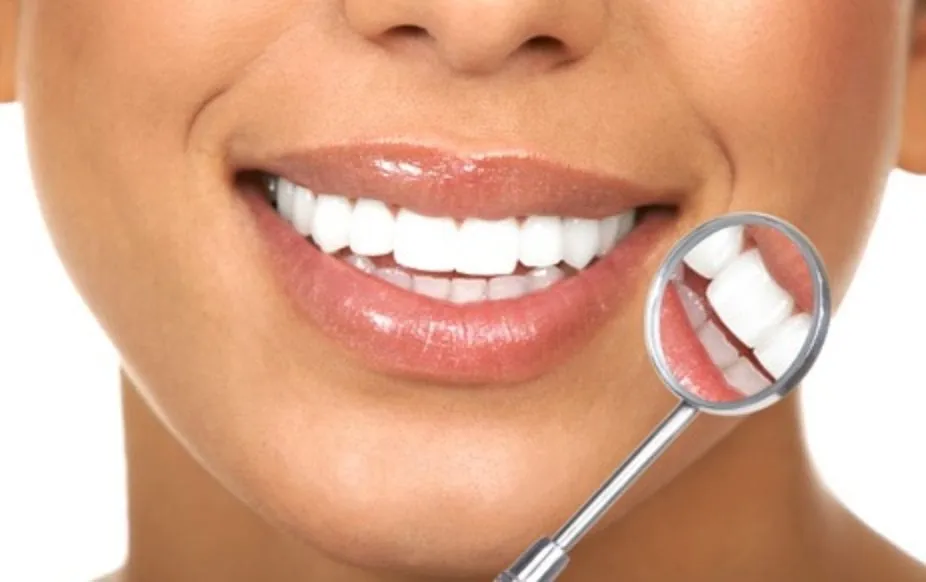
The core principle behind dietary restrictions post-whitening is to avoid foods and drinks that are highly pigmented or acidic. These substances can easily penetrate the enamel of your teeth, causing discoloration. The duration of these restrictions varies depending on the type of whitening treatment you underwent and your dentist’s specific recommendations. Generally, the more intensive the whitening process, the stricter and longer the dietary guidelines. These recommendations are in place to protect the teeth from potential staining during the most vulnerable phase, ensuring the whitening treatment’s efficacy. Following these guidelines helps the teeth to settle, and the shade to become stable.
Foods and Drinks to Avoid
Certain foods and beverages are notorious for staining teeth and should be avoided after a whitening treatment. These include items that are deeply colored or contain significant staining agents. By being diligent about what you consume, you can significantly prolong the effectiveness of your teeth whitening. Prioritizing white and light-colored foods and drinks, especially during the initial phase of aftercare, is essential. This helps to prevent any premature staining and ensures your smile remains bright and beautiful. Avoiding these staining substances is a cornerstone of successful aftercare teeth whitening and will contribute to the lasting impact of your procedure. It is important to understand what foods and beverages to avoid.
Consuming Staining Beverages
Consuming staining beverages is a common mistake that can quickly diminish the effects of your teeth whitening treatment. Drinks like coffee, tea, and red wine are notorious for their high pigment content, which can easily seep into the pores of your enamel and cause discoloration. Even a single cup of these beverages can begin to stain your teeth, especially in the initial days after the procedure when your teeth are most vulnerable. It’s important to be extremely mindful of what you drink and to choose clear or light-colored alternatives. Making conscious choices about your beverage intake is a simple yet effective strategy for maintaining a bright, white smile and protecting your investment in teeth whitening. The first week is the most crucial, which means you have to be very careful.
Impact of Coffee, Tea, and Wine
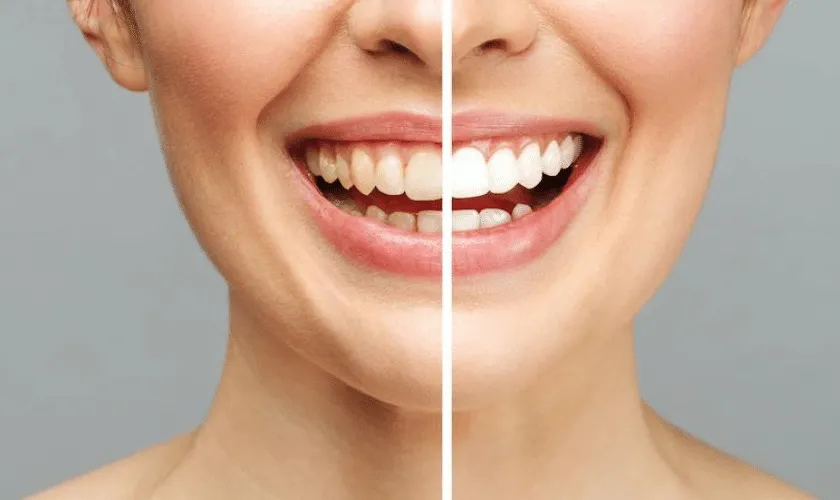
Coffee, tea, and red wine are among the most common culprits in staining teeth after a whitening treatment. These beverages contain dark pigments and tannins, which readily attach to the enamel and cause discoloration. Even if you drink these beverages regularly, it’s essential to understand the amplified impact they can have immediately after whitening. The porosity of your teeth is increased, making them more susceptible to staining. Limiting or avoiding these drinks, at least temporarily, can significantly extend the life of your whitening results. For example, you can take coffee but in less quantity. If possible, use a straw so it doesn’t directly impact your teeth.
Alternatives to Consider
Fortunately, there are several alternatives to help you enjoy your favorite beverages without compromising your teeth whitening results. For coffee and tea lovers, consider switching to herbal teas or lighter-colored teas like green tea or white tea. When consuming staining beverages, use a straw to minimize contact with your teeth. Water, milk, and clear beverages like sparkling water are excellent choices to keep you hydrated and maintain your bright smile. Making these small adjustments can make a big difference in maintaining the results of your whitening treatment, allowing you to enjoy a beautiful smile for a longer duration. Remember, these are temporary changes, and you can slowly go back to your routine.
Neglecting Oral Hygiene
Neglecting your oral hygiene routine is another critical mistake that can undermine the effectiveness of your teeth whitening treatment. Proper oral hygiene is essential not only for maintaining a bright smile but also for preventing stains and promoting overall oral health. Failing to brush and floss regularly, or using improper techniques, can lead to a buildup of plaque and tartar, which can trap stains and dull the appearance of your teeth. Consistent and thorough oral care is vital for preserving your whitening results and protecting your investment in a beautiful, confident smile. Following a rigorous oral hygiene routine is a cornerstone of successful teeth whitening aftercare. So, you need to know what to do and what not to do.
Importance of Brushing and Flossing
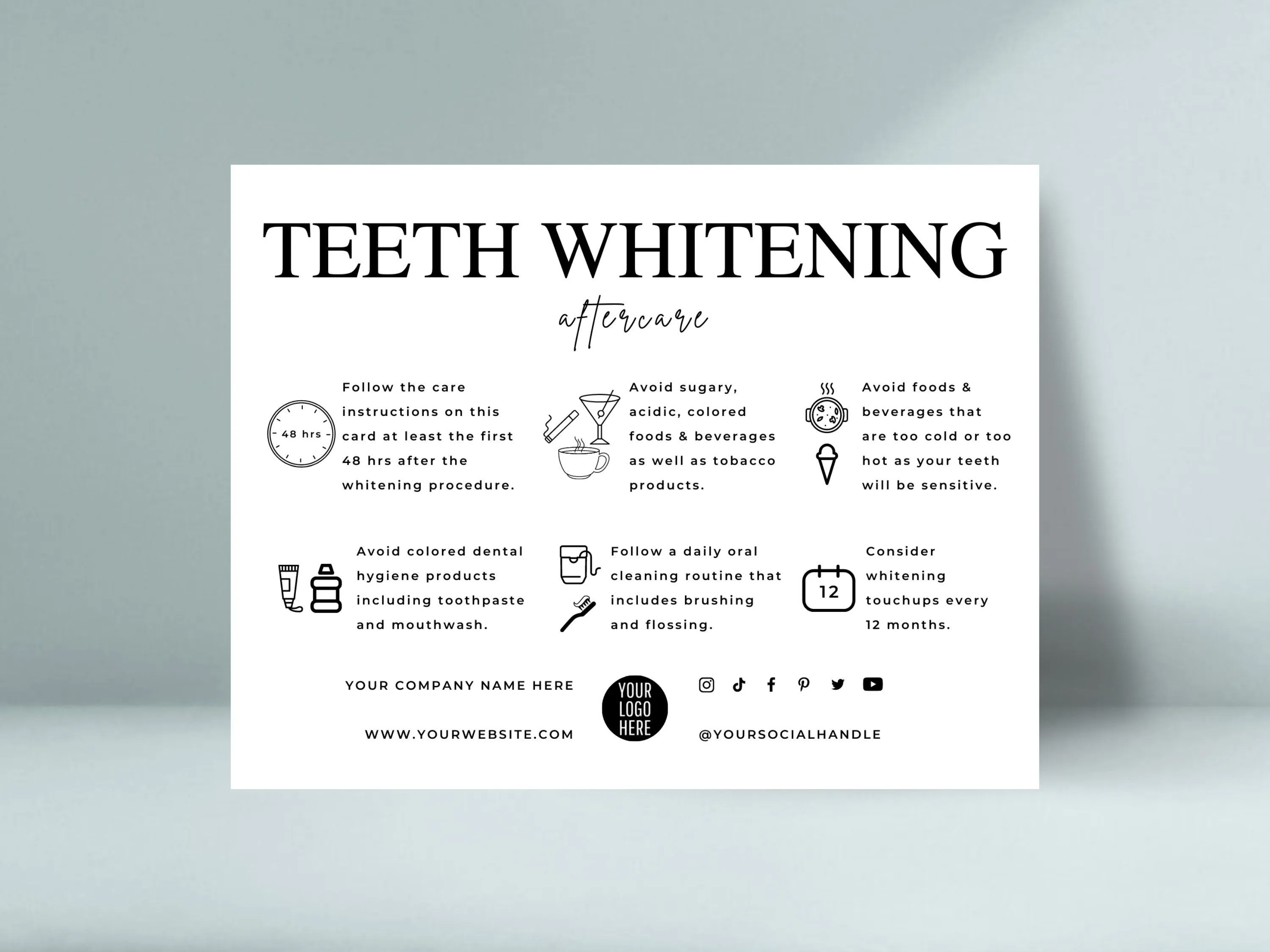
Brushing and flossing are the cornerstones of oral hygiene and play a crucial role in maintaining the results of your teeth whitening treatment. Brushing removes plaque, food particles, and surface stains that can dull your smile. Flossing removes debris and plaque from between your teeth and along the gumline, areas that brushing often misses. Together, these practices help prevent staining, promote healthy gums, and keep your teeth looking their brightest. The combination of brushing and flossing ensures that your teeth remain clean and free from substances that can compromise the whitening effects. Brushing and flossing need to be done regularly, for at least two times a day.
Choosing the Right Toothpaste
Selecting the right toothpaste can significantly enhance your oral hygiene routine and contribute to the longevity of your teeth whitening results. After whitening, your dentist may recommend a specific toothpaste to help maintain your new, brighter smile. Consider using a toothpaste formulated for sensitive teeth, as your teeth may be more sensitive immediately following the procedure. Look for toothpastes that contain fluoride to strengthen your enamel and protect against cavities. Avoid toothpastes with harsh abrasives that could potentially scratch your enamel. Making the right toothpaste choice is a practical step in preserving the results of your whitening treatment and ensuring your smile remains radiant.
Smoking or Using Tobacco Products
Smoking or using tobacco products is detrimental to your teeth whitening results, and it is a significant mistake to continue these habits after the procedure. Tobacco contains nicotine and tar, which are notorious for causing significant discoloration and staining of your teeth. These substances penetrate the enamel and lead to a yellowish or brownish tint, quickly reversing the effects of your whitening treatment. Quitting smoking or tobacco use is one of the best things you can do for your oral health and the longevity of your bright smile. Smoking affects your entire mouth and causes various health issues. So quitting is the best option.
The Effects of Smoking on Teeth
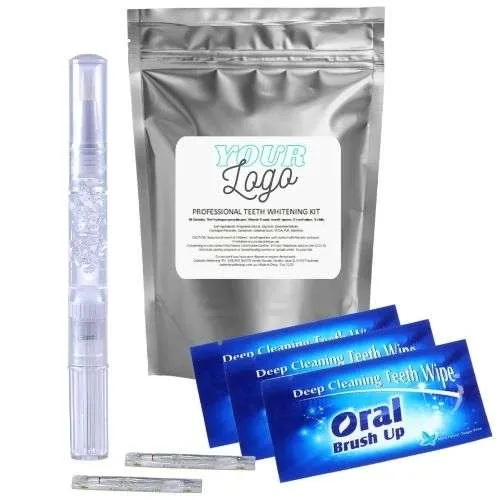
Smoking has a devastating impact on the appearance and health of your teeth. The chemicals in tobacco, such as nicotine and tar, stain the teeth, leading to discoloration. These stains are difficult to remove and can quickly undo the results of your teeth whitening treatment. Additionally, smoking reduces blood flow to the gums, increasing the risk of gum disease and tooth loss. It can also impair your body’s ability to heal, making it harder to recover from dental procedures. Smoking leads to more dental issues. Therefore, one of the best decisions you can take is to avoid smoking.
Seeking Professional Help
If you are a smoker or a user of tobacco products and want to undergo teeth whitening, consider seeking professional help to quit these habits. Dentists can provide guidance and resources to help you quit smoking, and they can assess your oral health to determine the best whitening treatment options for you. Combining teeth whitening with smoking cessation support can lead to the best outcomes, ensuring a brighter, healthier smile. You need to ask for guidance from your dentist. This will help you to have healthy teeth and good oral health in the long term.
Using Incorrect Whitening Products
Using incorrect whitening products after your treatment can be a costly mistake. While you might want to maintain and enhance your results with at-home products, choosing the wrong ones can be counterproductive and even harmful. Over-the-counter whitening products vary widely in their ingredients and effectiveness. Some products may contain harsh chemicals or abrasives that can damage your enamel or cause sensitivity. Always consult your dentist before using any at-home whitening products to ensure they are safe and compatible with your treatment. A dentist can also advise you on the most effective and appropriate products to keep your smile bright. This is crucial for maintaining results.
Types of Whitening Products to Avoid
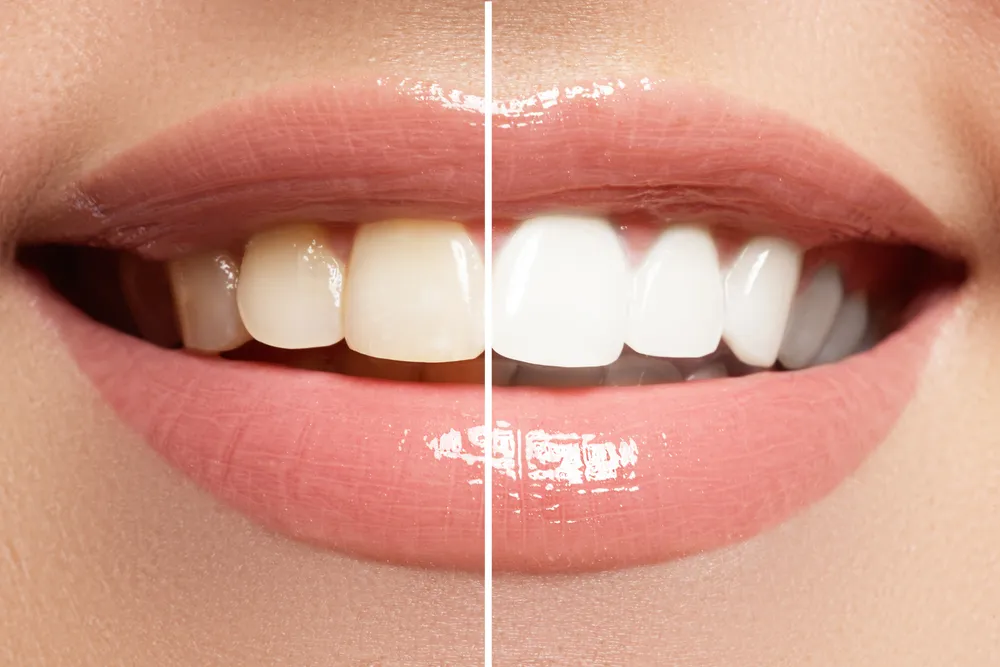
Some whitening products should be approached with caution after a professional teeth whitening treatment. Avoid products that contain high concentrations of hydrogen peroxide or other bleaching agents without consulting your dentist. These can potentially cause sensitivity or damage to your enamel. Also, be wary of products that make unrealistic claims or promise instant results, as these are often ineffective and potentially harmful. It’s always best to prioritize products recommended or approved by your dentist to ensure safety and effectiveness. This way you can prevent having issues with your teeth, and you will have a great oral health in the long run.
Choosing the Right Whitening Product
To maintain and enhance your teeth whitening results safely, choose products recommended or approved by your dentist. Your dentist can suggest specific toothpastes, mouthwashes, or whitening strips that are compatible with your professional treatment and suitable for your oral health needs. These products are designed to be gentler and more effective than many over-the-counter alternatives. Following your dentist’s advice is the most reliable way to ensure you’re using safe and effective products to keep your smile looking its best for the long term. This ensures the best result and keeps your smile shining. This also helps your oral health in the long term.
Failing to Schedule Follow-Up Appointments
Failing to schedule and attend follow-up appointments with your dentist is another significant mistake that can impact the longevity of your teeth whitening results. Regular dental check-ups are essential for maintaining your overall oral health and for monitoring the condition of your teeth and gums. During these appointments, your dentist can assess the effectiveness of your whitening treatment, identify any potential issues, and provide professional cleanings to remove stains and maintain your bright smile. Skipping these appointments can lead to undetected problems that can compromise your whitening results and your oral health. You should make time for your dental check-ups. This helps in maintaining oral health.
Importance of Regular Dental Check-Ups
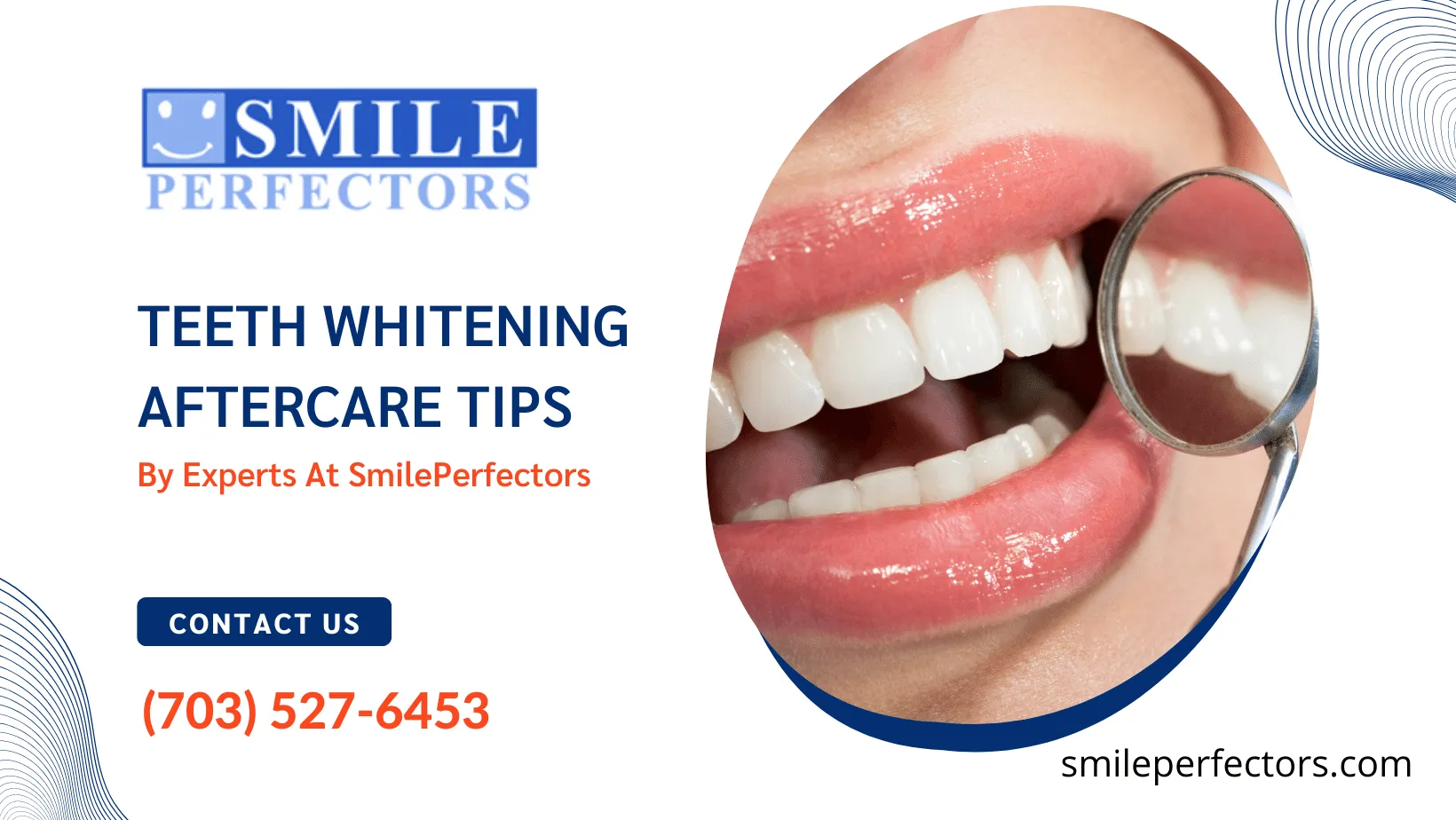
Regular dental check-ups are a cornerstone of good oral health and play a critical role in maintaining your teeth whitening results. During these visits, your dentist will examine your teeth and gums for any signs of decay, gum disease, or other issues. Professional cleanings remove plaque and tartar, preventing stains from building up and keeping your teeth looking their brightest. Your dentist can also provide personalized recommendations on how to maintain your smile and address any concerns you may have. Scheduling and attending these check-ups is essential for protecting your investment in teeth whitening and ensuring your smile remains healthy and radiant. This is a crucial aspect of aftercare that you should never skip.
Maintaining Your Bright Smile
Maintaining your bright smile requires a proactive approach to aftercare, combining consistent oral hygiene practices with regular dental check-ups and mindful dietary choices. Follow your dentist’s recommendations for brushing, flossing, and using appropriate whitening products. Avoid staining foods and drinks, and consider the use of a straw or other techniques to minimize contact between your teeth and potentially staining substances. By adopting these habits, you can extend the life of your whitening results and enjoy a beautiful, confident smile for years to come. Prioritizing these practices ensures you’re not only maintaining the aesthetic benefits of your teeth whitening treatment but also promoting long-term oral health.
